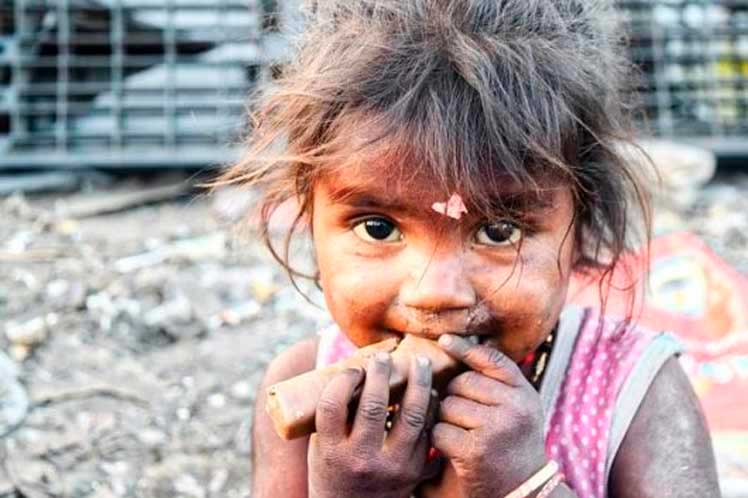The number has risen from 42 million earlier this year, and 27 million in 2019, to over 45 million in 43 countries, the WFP added.
WFP Executive Director David Beasley said that tens of millions of people are staring into an abyss due to conflict, climate change and Covid-19 driving up the numbers of the acutely hungry, and putting millions on the brink of starvation.
He pointed out that the Covid-19 pandemic and clashes are not the only source of problems, while stressing other external factors that help increase food instability: fuel costs are up, food prices are soaring, fertilizer is more expensive, and all of this feeds into new crises like the one unfolding now in Afghanistan, as well as long-standing emergencies like Yemen and Syria.
WFP said that together with humanitarian partners in hunger hotspots across the world, they are doing everything possible to increase aid for millions who risk starvation. However, available resources are unable to keep pace with demand, at a time when traditional funding streams are under huge strain.
WFP estimates that the cost of averting famine globally now stands at $ 7 billion, up from some 6.6 billion, earlier in the year.
“As the cost of humanitarian assistance rises exponentially, we need more funds to reach families across the globe who have already exhausted their capacity to cope with extreme hunger,” added the WFP chief.
The agency said families facing acute food insecurity, are being forced to make “devastating choices to cope with the rising hunger.”
A vulnerability analysis across the 43 countries surveyed, shows families being forced to eat less, or skip meals entirely. Sometimes children are being fed, while parents sacrifice meals, and are forced to go hungry.
In Madagascar, where pockets of famine are already a reality, some are being forced to eat locusts, wild leaves, or cactus to survive.
In other regions, children are married at early age or even taken out of school, livestock is sold or what little they have left, and in extreme cases children are handed over for money in a desperate attempt to survive.
mh/pll/jha/crc










